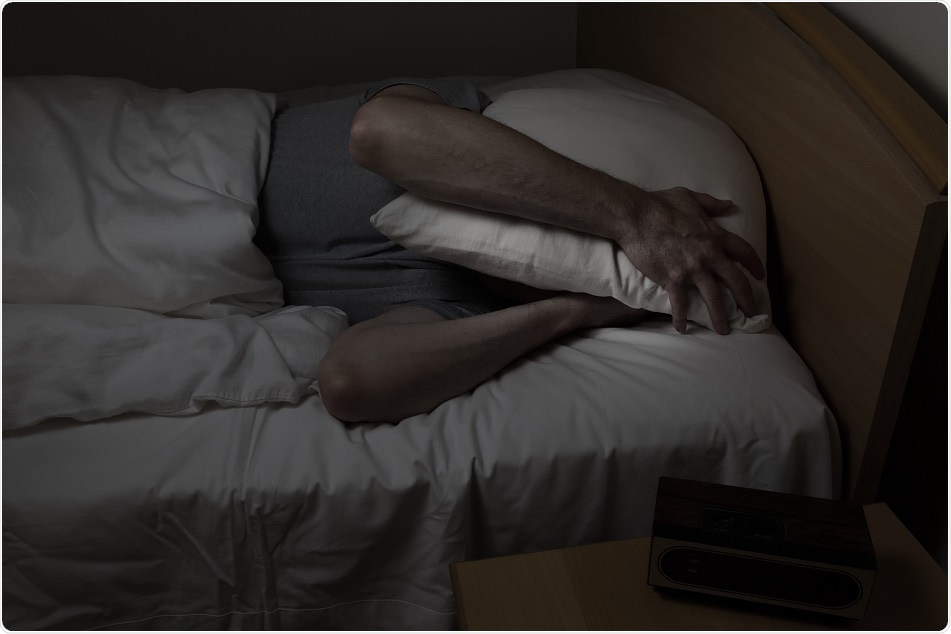Dec 7 2017
A study published in the neurological journal, The Lancet Neurology, has identified that patients with rapid eye movement sleep behavior disorder (RBD) have a dopamine deficiency in the brain and suffer from a form of brain inflammation. They are subjected to increased risks of developing dementia or Parkinson's disease as they grow older.

Credit: tab 62/ Shutterstock.com
Scientists from Aarhus University examined the condition of the nerve cells that produce dopamine in the brain and cells that participate in the brain's immune system in patients who were suffering from RBD.
The RBD syndrome is characterized by disturbances that occur during dream sleep. When compared with healthy people who are relaxed and lie still during dream sleep, people with RBD syndrome live out their dreams and they kick, hit out and shout while sleeping.
According to Dr. Morten Gersel Stokholm, the lead scientist of the PET Centre at Aarhus University Hospital, patients have a brain inflammation in the area where the dopamine-producing nerve cells are found.
Stokholm says With this study, we have gained new knowledge about the disease processes in the brain in the early initial stages of the disease development. The idea is for this knowledge to be used to determine which patients with the sleep disorder will later develop Parkinson's disease. At the same time, this is also knowledge that can help to develop drugs which can stop or slow the development of the diseases.”
Dr. Morten Gersel Stokholm, Aarhus University Hospital
Parkinson's disease is a chronic condition, which may progress and may become worse over time. The disease occurs when nerve cells producing dopamine in the brain stop working. The syndrome is more common in men than in women.
The first signs often occur primarily in adults between 50 and 70 years of age. The symptoms of the condition include slow movements, often with shaking, together with muscular rigidity.